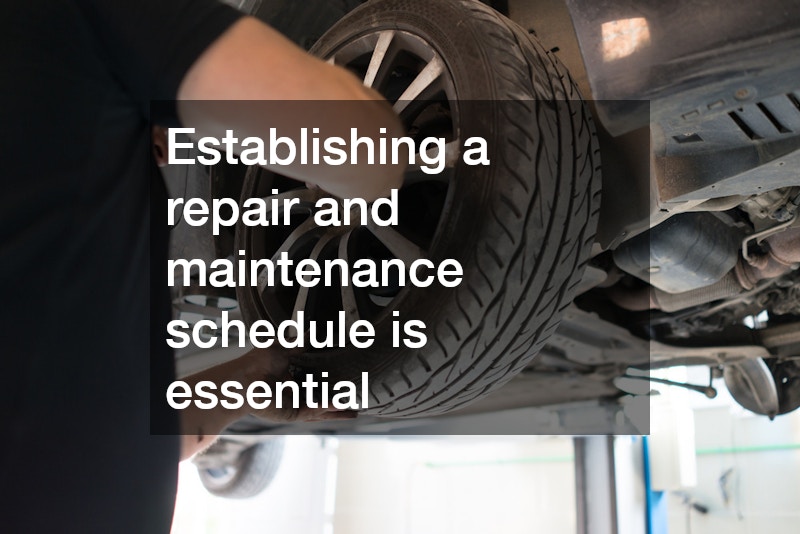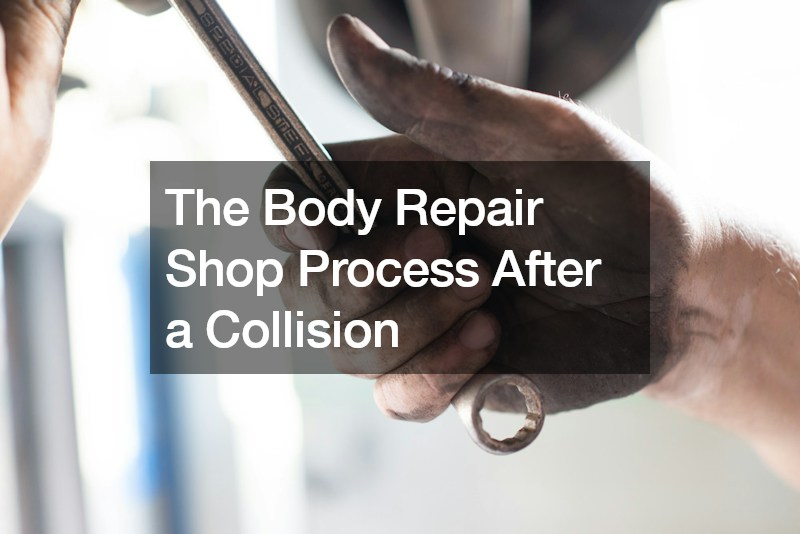When considering vehicle ownership, it can be helpful to explore how auto repair services contribute to the longevity of your vehicle. Understanding the importance of regular maintenance can help you save money and enhance your driving experience.
What Are the Key Benefits of Regular Vehicle Maintenance?
Regular vehicle maintenance serves as the backbone of reliable performance and can save you from unexpected vehicle breakdowns. By adhering to a regular maintenance schedule, drivers can identify potential issues before they escalate into costly repairs.
Furthermore, routine check-ups ensure that your vehicle operates at peak efficiency, improving fuel economy and overall functionality.
Another significant benefit of regular maintenance includes the potential increase in resale value. A well-maintained vehicle with a documented service history attracts buyers and can command a higher price in the market. Proper maintenance creates a sense of trust for prospective buyers, showcasing your commitment to keeping the car in excellent condition.
Lastly, consistent maintenance enhances safety on the road. Regular inspections of critical systems, such as brakes and tires, can prevent accidents and ensure that you and your passengers remain safe while driving. In emergencies, knowing your vehicle has received adequate care provides peace of mind, allowing you to focus on enjoying the journey.
How Often Should You Schedule Auto Repairs and Maintenance?
Establishing a repair and maintenance schedule is essential to extend the lifespan of your vehicle. Generally, oil changes should be performed every 3,000 to 5,000 miles, depending on your vehicle’s make and model. Keeping track of these milestones prevents engine wear and supports long-term performance.
Additionally, tire rotations should be conducted every 5,000 to 7,500 miles to promote even tire wear and enhance driving performance. Regularly checking tire pressure can also extend the life of the tires, leading to better fuel efficiency and safer handling.
Brake inspections are another vital aspect of vehicle maintenance; they should occur at least twice annually or more frequently if you often drive in heavy traffic or hilly areas. Ensuring that your brakes are in excellent condition prevents potential accidents and prolongs the life of the braking system.
What Common Auto Repairs Can Extend the Lifespan of a Vehicle?
One of the most effective repairs to prolong vehicle life is the replacement of worn-out brake pads. These components are essential for safe vehicle operation, and neglecting them can lead to more severe issues, such as rotor damage. Regular brake services ensure you maintain the necessary stopping power.
Another critical area involves your vehicle’s fluids; ensuring regular checks and replacements of coolant, transmission fluid, and brake fluid can stave off engine damage and transmission issues. Over time, fluid becomes contaminated, risking the health of major components.
Additionally, monitoring and replacing your vehicle’s battery can ensure reliable starting power and prevent electrical failures. A well-maintained battery reduces the risk of being stranded and supports the health of electronic systems throughout the vehicle.
What Are the Reasons to Choose Professional Auto Repair Over DIY Maintenance?
While DIY maintenance can be an appealing route for some, professional auto repair offers expertise and specialized tools that most individuals may not have access to. Trained technicians can accurately diagnose issues using advanced diagnostic equipment. Compared to DIY methods, this precision reduces the likelihood of further complications down the road.
Moreover, professional repair services provide warranties on work performed, offering assurance that repairs will be addressed if problems arise shortly after service. This added security is particularly vital for significant repairs where the stakes are high.
Lastly, professional auto repair shops often interact regularly with various suppliers, enabling access to high-quality parts and resources. This can significantly influence your vehicle’s longevity and performance, a factor often overlooked in DIY repairs that may compromise quality.
What Role Do Quality Parts and Products Play in Vehicle Longevity?
The quality of parts used in auto repairs directly impacts the longevity of your vehicle. Using original equipment manufacturer (OEM) parts ensures compatibility and reliability, which aftermarket replacements may not provide. Investing in high-quality parts enhances overall vehicle performance and minimizes the risk of recurrent breakdowns.
Additionally, high-quality lubricants and fluids contribute to engine efficiency and longevity. The right lubricant reduces friction in engine components, thereby prolonging their life and supporting optimal operation. Over time, using inferior quality products can lead to excessive wear and tear on critical features.
Moreover, opting for reputable brands and trusted sources for repairs guarantees that your vehicle is treated to components that meet rigorous safety standards. These investments lead to improved performance and reliability, extending your vehicle’s lifespan significantly.
Understanding the various aspects of auto repair services can significantly impact your vehicle’s lifespan. By regularly maintaining your vehicle, knowing when to schedule repairs, and using quality parts, you can enjoy a safer and more reliable driving experience. To truly maximize your vehicle’s longevity, it is imperative to prioritize these practices and consider professional service when necessary.




